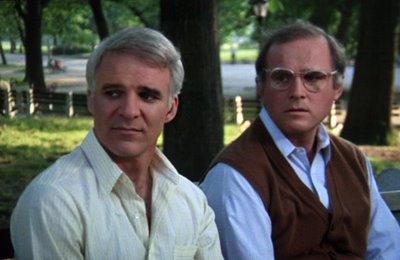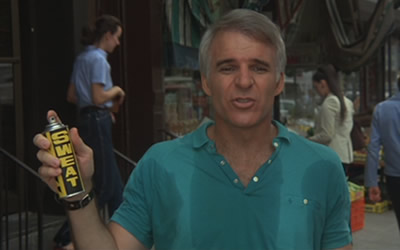
It's always a little unsettling when a film doesn't live up to expectations that I have unfairly placed upon it. I almost always do it when the film is based on material from another medium because there's a part of me that always expects an exact reproduction of the original source material, but that's an unfair cheat to the filmmaker and ultimately rather a bore for the viewer.
I have to admit I was concerned when I learned that Clint Eastwood was going to direct the film version of Jersey Boys, the 2014 film version of the Tony-award winning Broadway musical, which was rather stupid because I never saw the show. The movie was absolutely not what I expected...it was riveting and vivid entertainment surpassing all my expectations.
As for my expectations, I thought we were going to be privy to a standard biopic about Frank Valli, that incredible instrument that was his voice and his rise to fame with the Four Seasons, but the movie was so much more than that. This movie was about four guys from Jersey in the 1950's and 1960's and everything that goes along with that and how they happened to become Frankie Valli and the Four Seasons.

According to this screenplay by Marshall Brickman (Oscar winner for Annie Hall) and Rick Elice, mob money was instrumental to the group's start-up, thanks to Tommy DeVito, the guy who started the group and childhood pal of Frankie, who discovered Frankie was the one with the voice and put him up front, though Tommy always made it clear he was the boss, not only to Frankie, but to Bob Gaudio and Tommy's brother Nick, the other two "Seasons". Between the pressure of juggling mob debt, delicate show business egos, family neglect, we once again see the connection between show business and the mob and how it can make and break careers and lives.

Clint Eastwood has mounted a loving tribute to not only a great group of musicians, but an entire era and the Jersey sensibility that pervaded television shows like The Sopranos...no matter what level of fame these guys reach, we are never allowed to forget that these are "four guys from Jersey." Love the inside joke of Tommy DeVito ending up working for Joe Pesci, whose character name in Goodfellas was Tommy DeVito.
Eastwood shows undeniable respect for the music of Frankie Valli and has presented authentic sounding music that has its own richness and captures the spirit of the original recordings without being mere copies.
Eastwood also showed respect for the stage origins by casting three of the original stars of the Broadway show in the movie, including Tony Award winner John Lloyd Young as Frankie, whose voice is absolutely amazing, I could listen to him sing all day, though sometimes his acting was still a little too stagy. Ironically, Vincent Piazza, the only actor who wasn't in the stage show, gives the strongest performance of the four as DeVito, the manipulative creator of the four seasons who eventually would pay consequences for his actions in getting the group off the ground.

As he always does, Eastwood has poured a lot of money into this production and every penny shows onscreen...authentic and loving attention to period detail pervade this production and, maybe because it's a musical, the sound and sound editing deserve a special nod here. This film is a triumph for Eastwood, for Frankie Valli, and for everything Jersey.
Last edited by Tacitus; 05-17-16 at 07:46 AM.



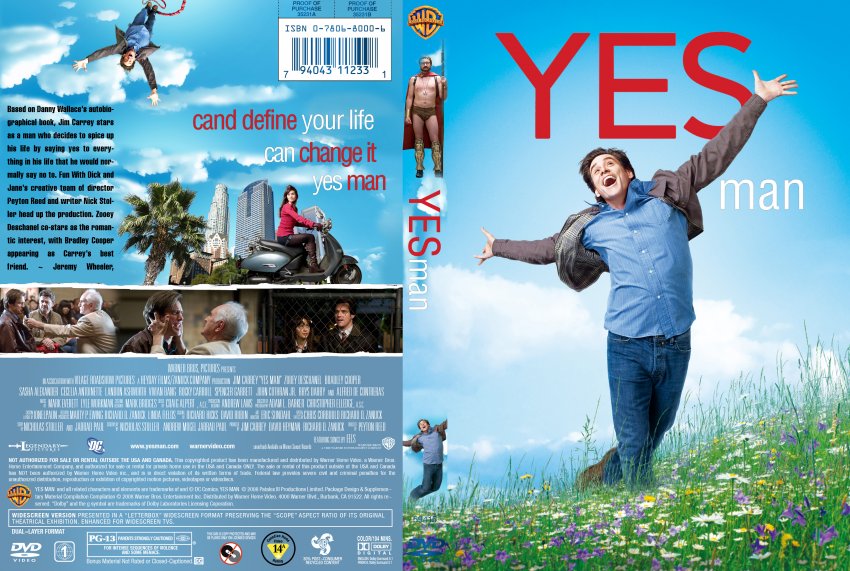




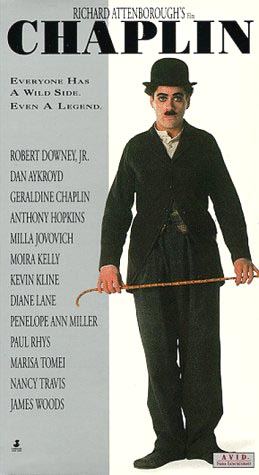

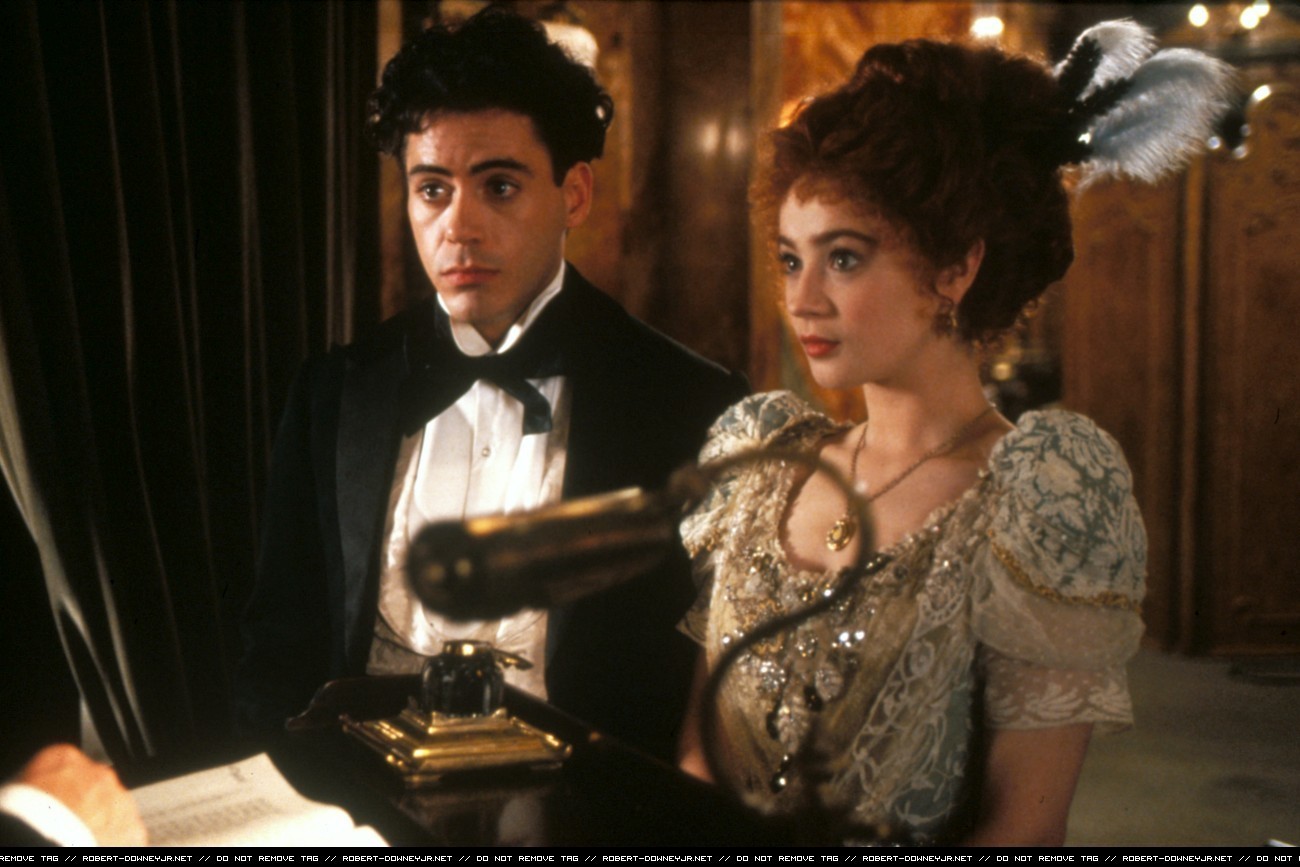
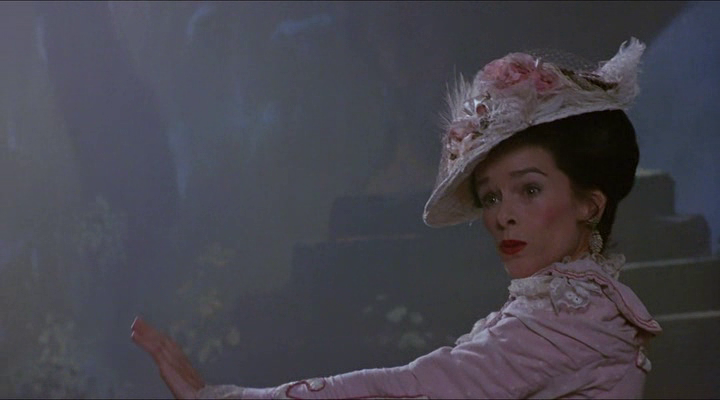

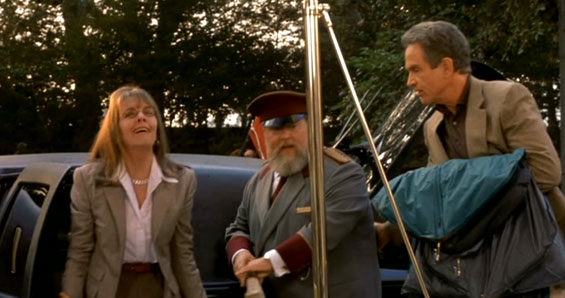





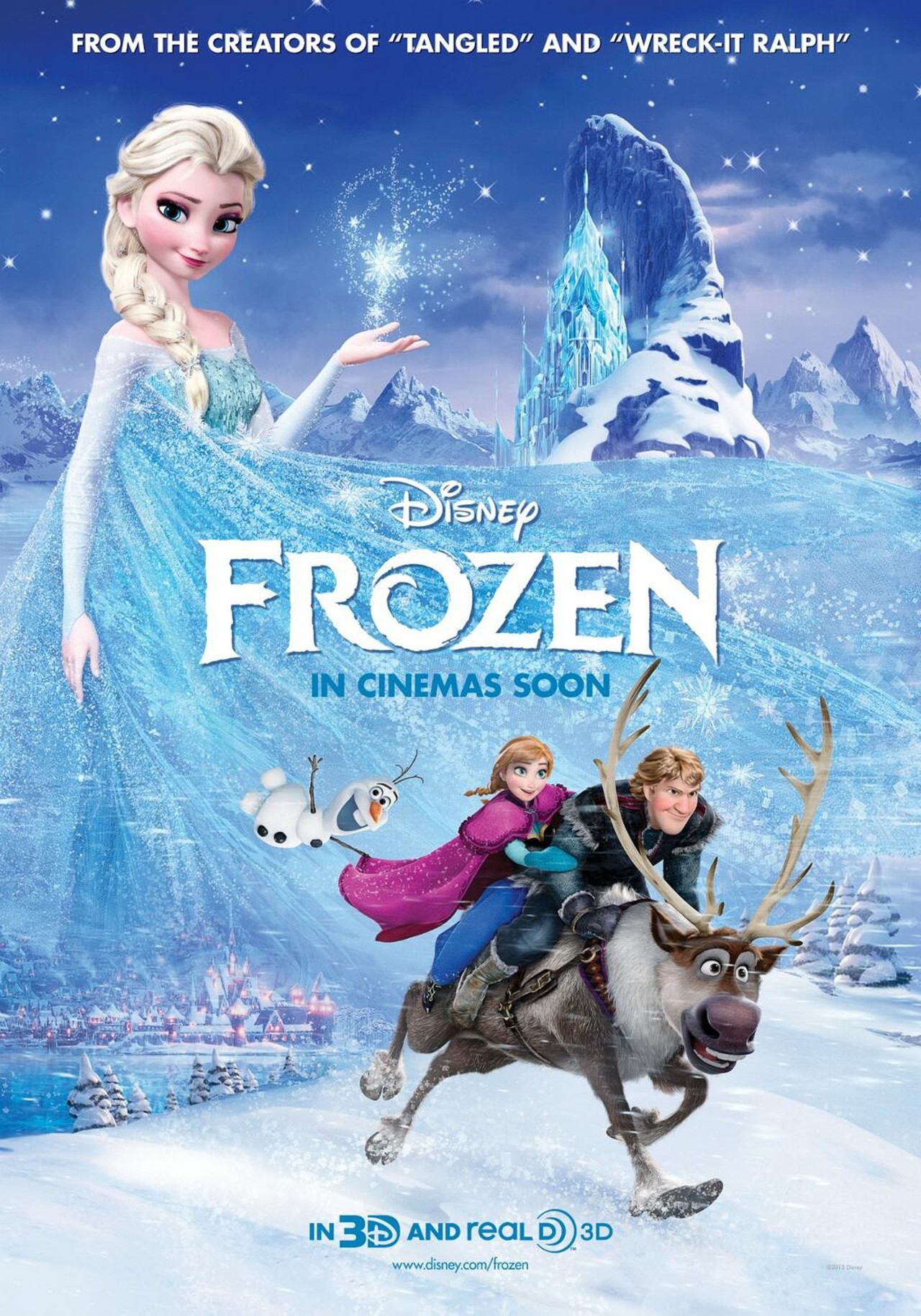













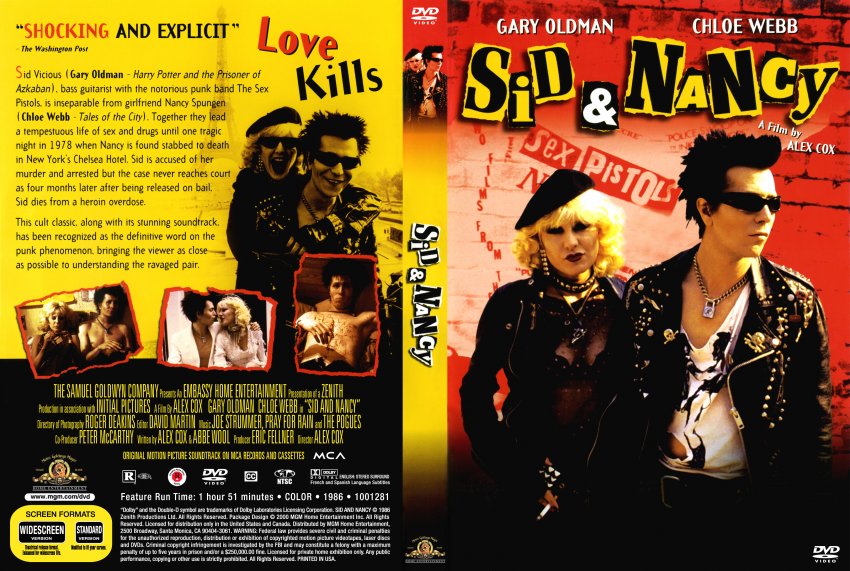



.jpg)




